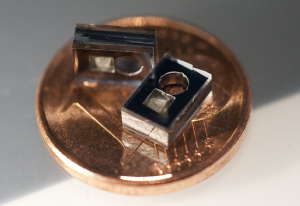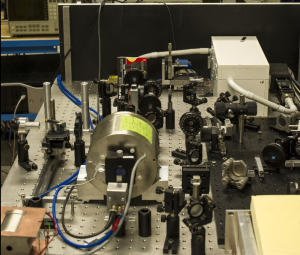Program, 2021
COVID-19 Information
The EFTS is a training course for newcomers. Besides lectures, the EFTS is a great opportunity for true hands-on labs and to discuss with people at coffee breaks, lunches and events in a friendly and passionate atmosphere. This cannot be replaced with a virtual conference. We have reasons to believe that a real EFTS is the good choice, and of course a safe choice.
- The World is slowly getting out of the crisis. Treatments are more effective, diagnosis is almost immediate and widely available, and the indications given by the Authorities are more reliable. As in December 2020, the first vaccinations campaigns have started in some Countries, and major Companies are filing approval paperwork for their vaccines.
- The EFTS is a small event, with a capped number of 36 students (always full). This makes ≈50 people including instructors and staff, not all in a single room. Risky events are larger than this.
In pragmatic terms, we propose two scenarios for the next EFTS.
1 - Realistic/optimistic scenario --- This is what we do now
We expect that travel restrictions are gone, or almost gone, and people are free to come to Besancon at minimum or no risk. The EFTS is a regular seminar, as in the tradition.
Lunches, visits, astronomy session and social events may have to comply to health rules, if still any. Other obligations are possible, like masks and IR body temperature check. Let us put aside these details, and solve them later.
A small number of students and instructors, unpredictably, will suffer restrictions. No need to cancel, there is a backup plan. We broadcast all lecture. The lab sessions are replaced with pre-recorded demos with time slots for live discussions.
2 - Worst case scenario --- Obsolete, we have a real EFTS
In the worst case there are severe travel restrictions, or traveling is unsafe.
Everything goes online, with little or no change to the original timetable.
The lectures are live performances, or pre-recorded videos followed by a live discussion.
The labs sessions are pre-recorded demos, with several time slots for discussion allocated during the show.
Lectures
- Introduction to TF – Basic concepts and vocabulary (quality, certification, traceability etc.), and technical issues (oscillators, frequency standards, accuracy, stability, phase noise, jitter, physical environment, etc.).
- Measurement methods and experimental techniques – Spectra (phase noise and L(f), amplitude noise), variances, frequency measurement and comparison.
- Atomic clocks – Physics, traditional clocks (atomic beam, vapor cell and maser), cold atoms, optical clocks, small-size clocks.
- Oscillators – RF and microwave oscillators, cavity-stabilized lasers, optical frequency combs.
- Timing and applications – Time scales, navigation, frequency transfer and synchronization.
- Physics, applications, and trends.
Hands-on Laboratory Courses
 Every day, the participants do real experiments and measurements
Every day, the participants do real experiments and measurements
- Frequency stability and AM/PM noise,
- Data analysis
- Global Navigation Satellite System GNSS (GPS, Galileo, etc.)
- Resonators and oscillators
- Atomic clocks
Social Events and Visits
This part may be the most impacted by COVID-19, if the crisis is not ended
- Visit at the Observatory of Besancon
- FEMTO-ST Laboratory Tour
- Visit at the Time Museum, Besancon downtown
- Social dinner
- Astronomy session at the Observatory (depending on weather). Observe celestial bodies, and adjust your watch to stars using the original ancient instruments
Timetable
Download the preliminary timetable (pdf)

